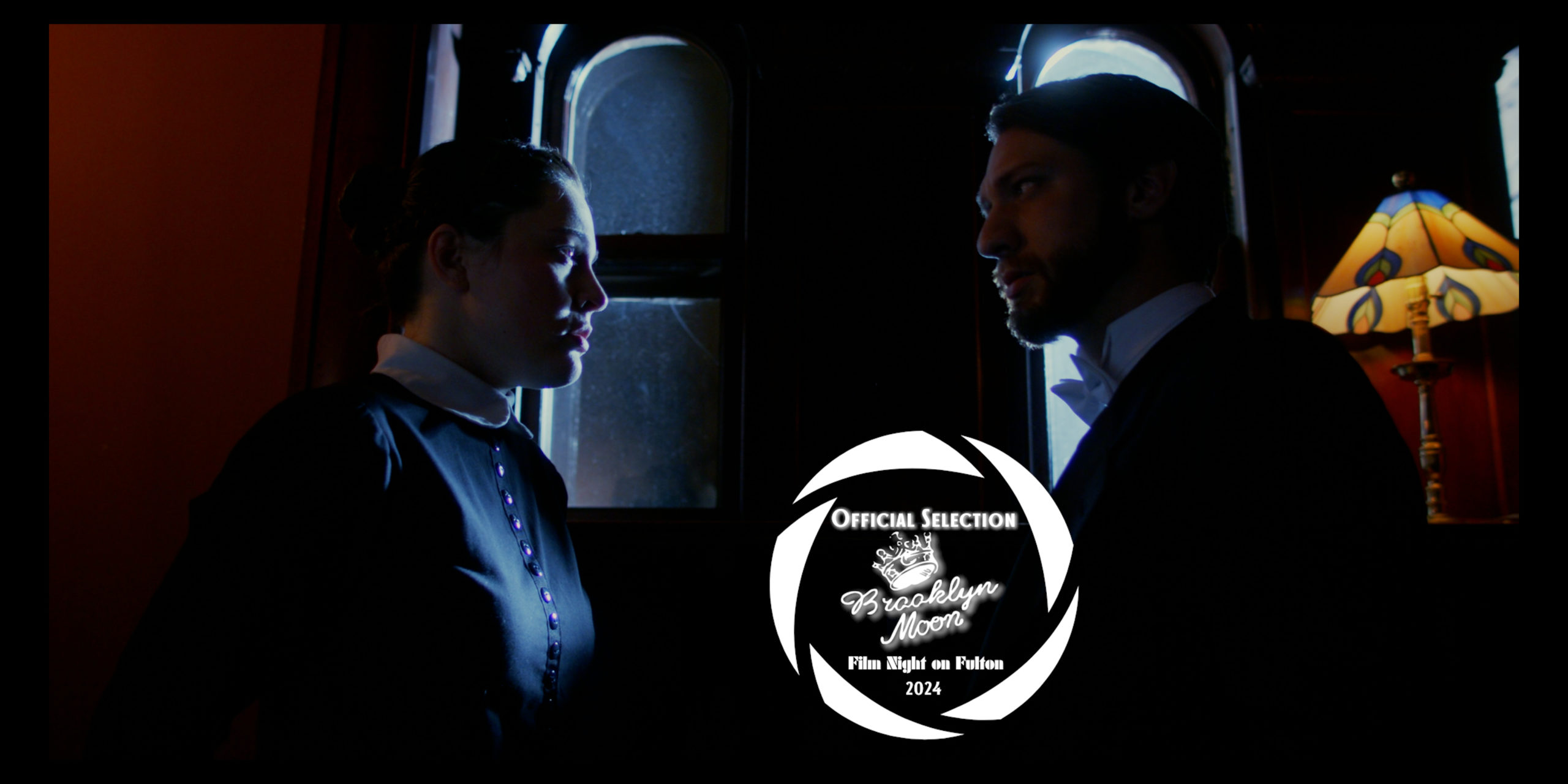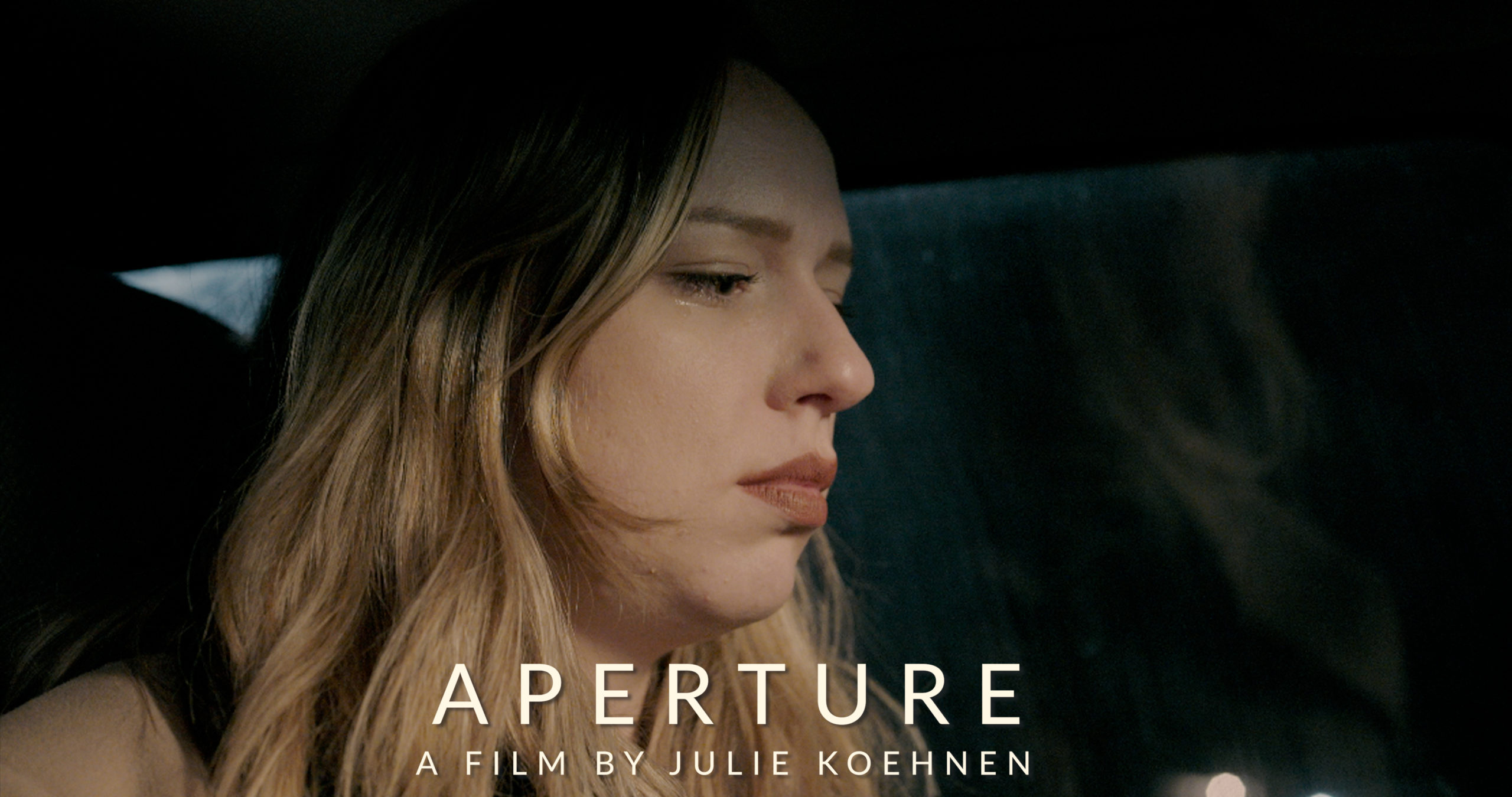
Happy to announce that Master Servant is an Official Selection of Film Night on Fulton.
Film Night on Fulton is a film night hosted by the Film Night Team Derrick Benton & Maxime Jean-Louis at the Brooklyn Moon Cafe in Fort Greene, Brooklyn.
Thank you Derrick & Max for your love of historical dramas and thank you for supporting our film!




